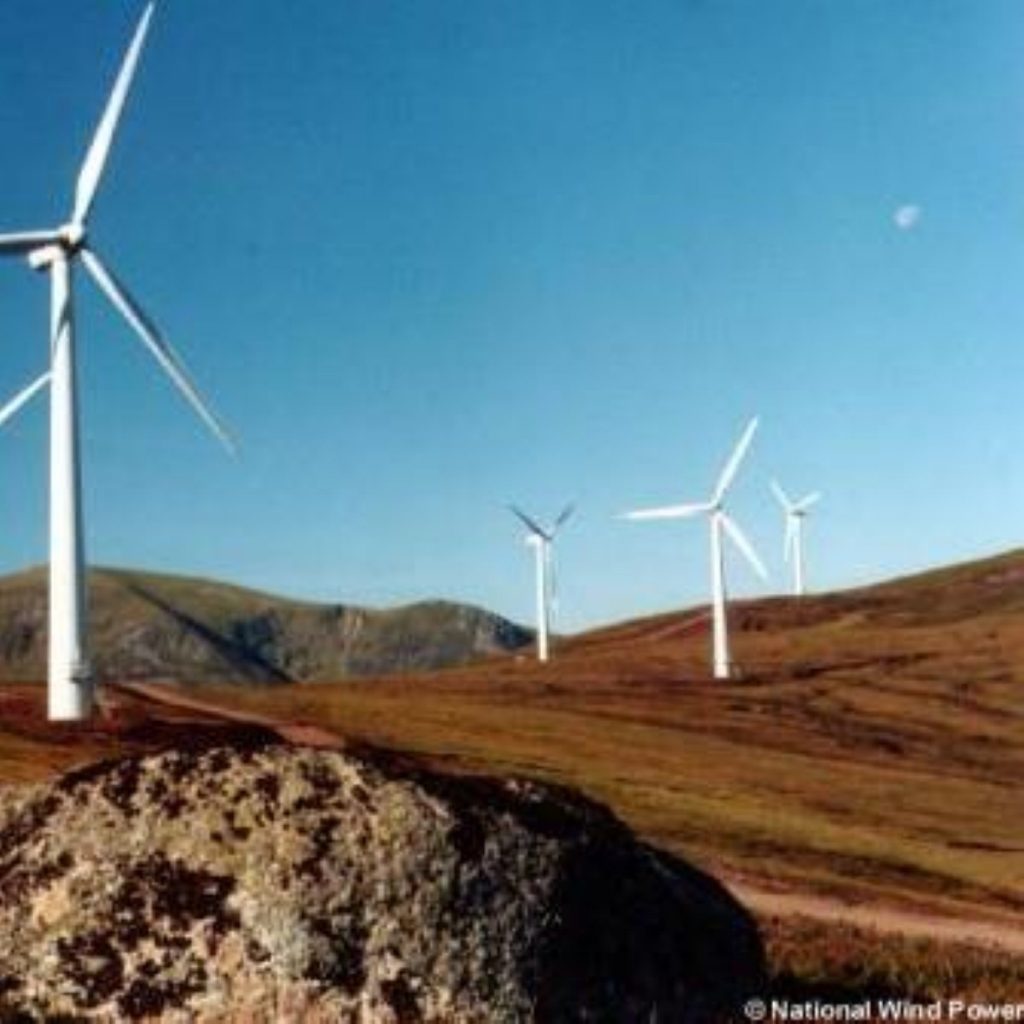Consumers shouldering cost of green energy
Taxpayers will be paying £6.5 million to subsidise the green energy market by the end of the decade, an influential committee of MPs warns today.
The public accounts committee (PAC) describes this shouldering of the burden to meet emissions targets as “unacceptable” and insisted ministers take action.
Under the Renewables Obligation, introduced in April 2002, all electricity suppliers are required to buy a growing percentage of their energy each year from renewable sources.
This is intended to increase demand for renewables and thus encourage investment in such sources, allowing the government to meet its target of generating ten per cent of Britain’s electricity from such sources by 2010.


However, the PAC today warns that although the higher cost of purchasing renewable electricity is not supposed to be passed on to consumers, in reality it is likely to add £1 billion a year to electricity prices by 2010.
It says the government has failed to establish measures or targets to track the industry’s progress in reducing costs of generating renewables, and as a result, the obligation is more expensive than other means of reducing carbon emissions.
The committee cites the Climate Change Levy, which is paid by non-household consumers of energy, and emissions trading schemes as more efficient ways of cutting carbon dioxide emissions.
“Consumers are providing a massive subsidy to the renewables industry. But, unlike public expenditure, this subsidy does not receive annual scrutiny by parliament. This is unacceptable,” said committee chairman Edward Leigh.
He warned that the “uncertain” future of renewables means the government must act in targeting subsidies at technologies which need it in order to have a “genuine prospect of becoming commercially viable”.
Energy minister Malcolm Wicks insisted that while the cost of renewable energies was very important, it was “just one dimension” of the argument.
“Our major focus is on global warming or climate change and the fact of the matter is that by definition when you compare renewable sources of energy, the wind turbine or solar power, this is clean energy by definition compared with when we burn coal, gas or oil,” he told Today.
“We want ten per cent of Britain’s energy coming from these renewable sources – it will be mainly the wind farm but some other technologies – by 2010 and it does need some subsidy. We have to require the supplier energy companies to use renewables.”
Responding to the PAC’s complaint that a third of the money was going to companies that could manage without that contribution, Mr Wicks said the government was “revising this renewables obligation”.
“But what I would say to the public accounts committee is that one way or another we need to tackle climate change. There’s no one silver bullet. Energy efficiency is crucial, as the committee says, and also are renewables; it’s not one thing or the other,” he said.

